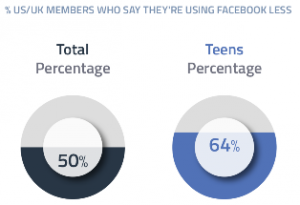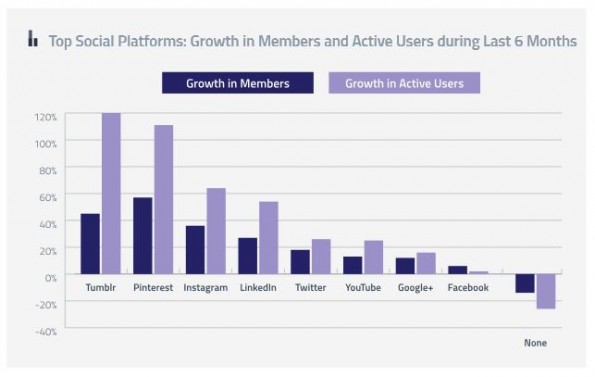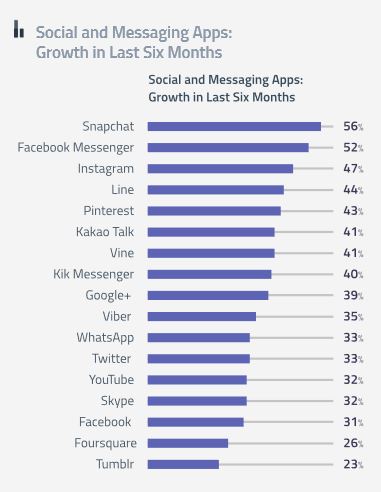Incite Group is now Reuters Events - LEARN MORE
By David Howell - December 3rd, 2014
New research hints that Facebook’s dominance is shifting and that Facebook users are shunning overt marketing messages
The latest Q3 figures from GlobalWebIndex indicate that young people in particular are not as enamoured with Facebook as they once were. The figures gathered for this snapshot illustrate that it’s the traffic across Facebook that is falling with younger audiences.
Many cite they don’t use Facebook as much simply because their friends don’t, moving to newer social platforms such as Snapchat. However, Facebook Messenger is still popular, illustrating that apps retained their attraction clearly linking to young audiences propensity to access social media networks on their mobile devices.




